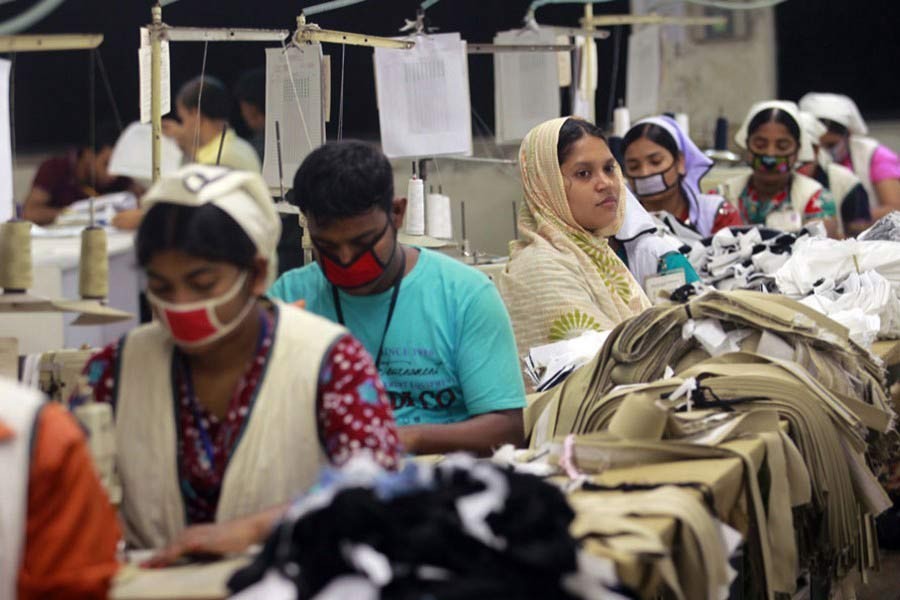Bangladesh has won plaudits from The Wall Street Journal for the economic strides it has made in recent years in the wake of its graduation from the UN's least-developed-country categorisation.
The South Asian nation received the UN Committee for Development Policy's recommendation to be elevated to the developing country category as it gears up to enter the 50th of its independence, reports bdnews24.com.
In an article titled, 'Bangladesh Is Becoming South Asia's Economic Bull Case', the New York-based newspaper credited Bangladesh for being 'the closest proxy for the successful development models seen at various stages in South Korea, China and Vietnam.' Export-led development has the best modern track record of moving countries from very low-income levels into middle-income status, according to WSJ.
The article also highlighted the progress made by Bangladesh in terms of exports and GDP per capita in comparison to India and Pakistan which have seen a marginal decline in these measures.
WSJ points out that the 80 percent growth in exports in the past decade is driven by the country's booming garment industry. It attributed a very young demographic structure, a continued competitive edge in terms of wage levels, strong and rising female labour-force participation especially relative to the rest of South Asia to the success of Bangladesh's development model.
Nevertheless, the country's economic growth remains well below that of Vietnam or Cambodia, where exports have more than tripled and more than doubled respectively over the past 10 years.
Another caveat is that India’s exports had also boomed in the early 2000s before stagnating, meaning that there is no guarantee of a continued upward trend, according to WSJ.
Moving forward, Bangladesh should look to emulate Vietnam by transition toward higher-value forms of manufacturing and exporting, according to WSJ.
Bangladesh's export industry is heavily reliant on garment manufacturing while its economic complexity, ranked by Harvard University’s Growth Lab, is 108 out of the 133 countries measured.
While the country remains outside of major Asian trade blocs, diversifying its manufacturing exports would require greater participation in intra-Asian supply chains and a closer economic relationship with its neighbours to the east, the article says.


